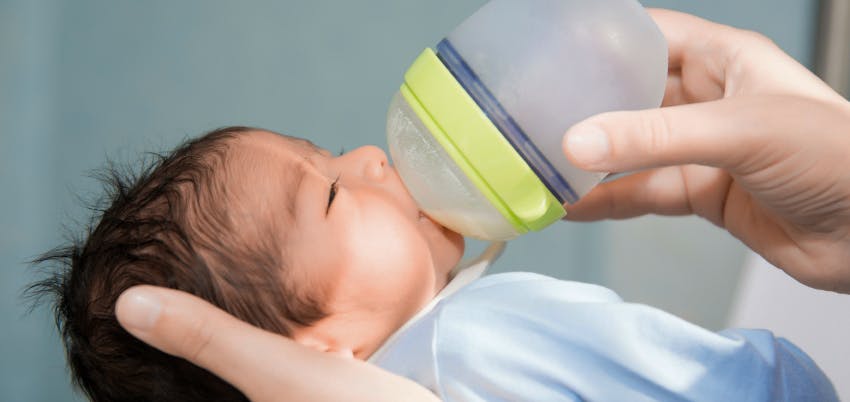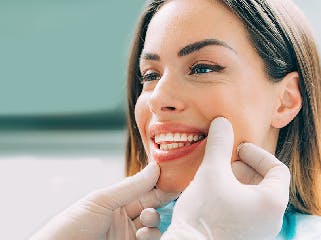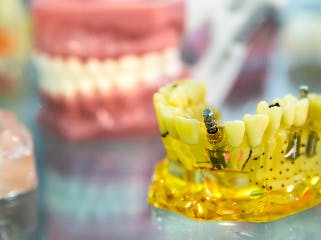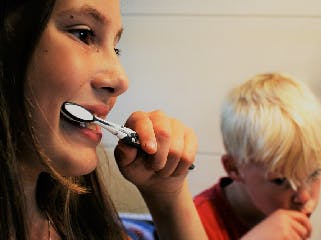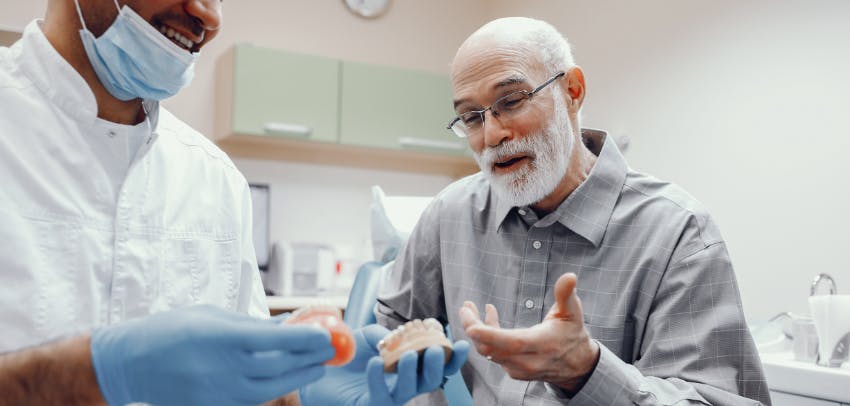
Benefits and types of dental prostheses
by Wildsmile
Dental Prostheses: types, benefits, and essential care. Dental prostheses play a fundamental role in oral rehabilitation, allowing patients to recover both chewing function and the aesthetics of their smile. With advances in dentistry, prosthetic options are becoming increasingly diverse and accessible, offering personalized solutions for every need. In this article, we explore the main types of prostheses, their benefits, and the essential care needed to maintain oral health.
Dental Prostheses: Types, Benefits, and Essential Care
Dental prostheses play a fundamental role in oral rehabilitation, allowing patients to recover both chewing function and the aesthetics of their smile. With advances in dentistry, prosthetic options are becoming increasingly diverse and accessible, offering personalized solutions for every need. In this article, we explore the main types of prostheses, their benefits, and the essential care needed to maintain oral health.
Types of Dental Prostheses
Prostheses can be classified as fixed or removable, and the choice depends on factors such as the number of missing teeth, gum health, and the patient’s bone structure.
Fixed Prostheses
Fixed prostheses are cemented onto natural teeth or implants, providing stability and security. The main types include:
- Crowns: Recommended for damaged teeth, crowns protect and restore chewing function. They can be made from ceramic, metal-fused porcelain, or zirconia.
- Fixed Bridges: Used to replace one or more missing teeth, supported by adjacent teeth or implants.
- Implant-Supported Prostheses: These consist of a structure attached to dental implants, offering a durable and highly functional solution.
Removable Prostheses
Removable prostheses are intended for patients who have lost several teeth and are not candidates for fixed solutions. The most common types include:
- Removable Partial Denture (RPD): Made of metal or acrylic, this prosthesis rests on the remaining teeth for greater stability.
- Full Denture: Designed for patients who have lost all teeth in one arch. It is custom-made to provide comfort and functionality.
- Fixed Prosthesis: A dental device that is permanently attached to the bone or natural teeth and cannot be removed by the patient.
Benefits of Dental Prostheses
Prostheses offer multiple aesthetic and functional benefits, greatly improving patients’ quality of life. Some key advantages include:
- Improved chewing and digestion: Missing teeth can impair proper chewing, which in turn affects digestion and nutrient absorption.
- Improved speech: Some tooth losses can make it difficult to pronounce sounds and words correctly.
- Self-esteem and confidence: A smile plays a vital role in self-esteem and social interaction. Prostheses are a great ally in regaining confidence.
- Prevention of oral problems: Tooth loss can lead to shifting teeth, bone resorption, and bite difficulties.
Essential Prosthesis Care
To ensure the durability of prostheses and maintain oral health, several care practices should be followed:
Proper Oral Hygiene
- For fixed prostheses, regular brushing is essential, using interdental brushes and dental floss.
- For removable prostheses, daily cleaning with suitable products and soaking in cleaning solutions is recommended to prevent bacterial buildup.
Regular Dental Check-Ups
- Periodic dental visits are essential to assess the condition of the prosthesis and make necessary adjustments.
Avoid Very Hard or Sticky Foods
- Hard foods can damage both fixed and removable prostheses, while sticky foods may adhere and make cleaning more difficult.
Avoid Harmful Habits
- Nail-biting, chewing on hard objects, or using teeth to open packaging can compromise the integrity of the prosthesis.
Conclusion
Dental prostheses are effective solutions for oral rehabilitation, significantly improving patients’ quality of life. With the right choice of prosthesis, good oral hygiene, and proper dental follow-up, it’s possible to enjoy a healthy, functional smile for many years. If you're considering getting a prosthesis, consult a specialist dentist at a clinic partnered with Wildsmile to find the best solution for your case.
Want to learn more about this?
Contact us
Your contact request is registered. We will contact you as soon as possible.
Lorem ipsum dolor sit amet, consectetur adipisicing elit. Adipisci alias aliquid amet commodi dolor, dolore doloremque dolores fugit quod repellat.
 ENG
ENG

